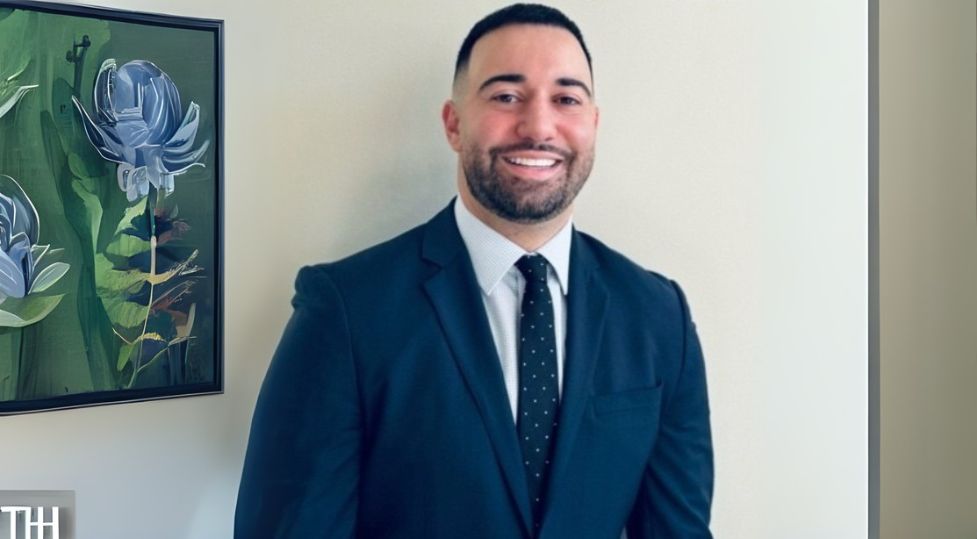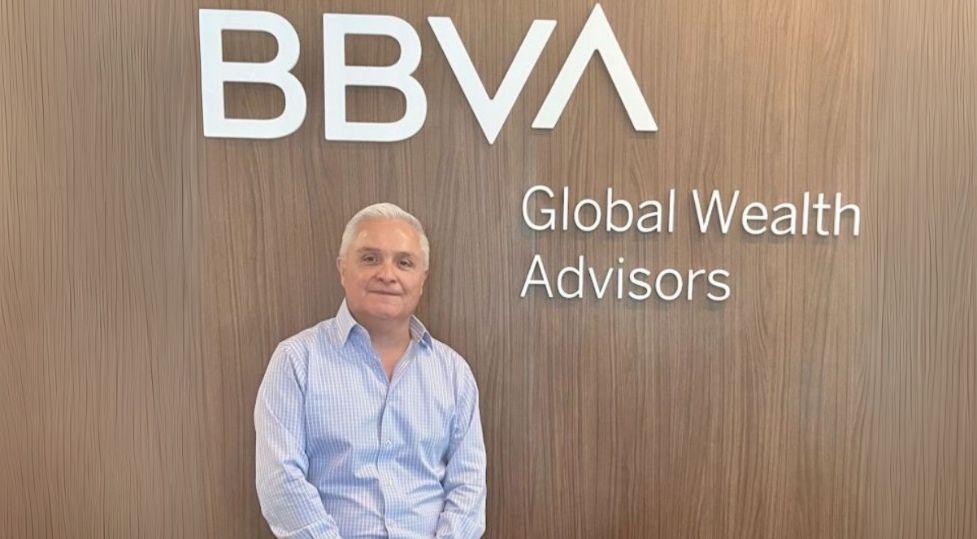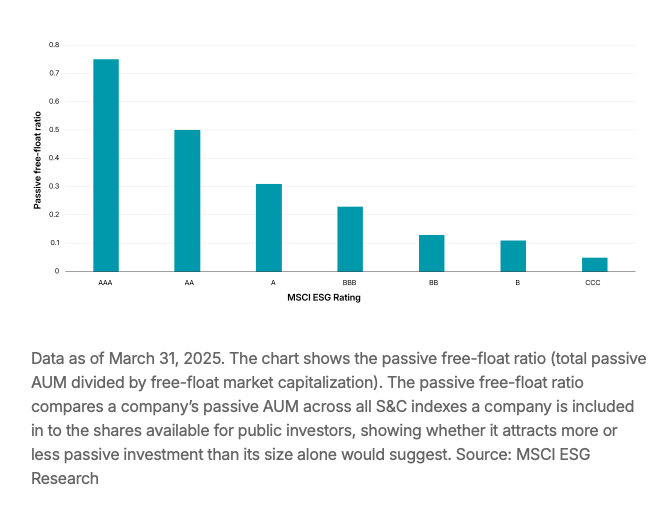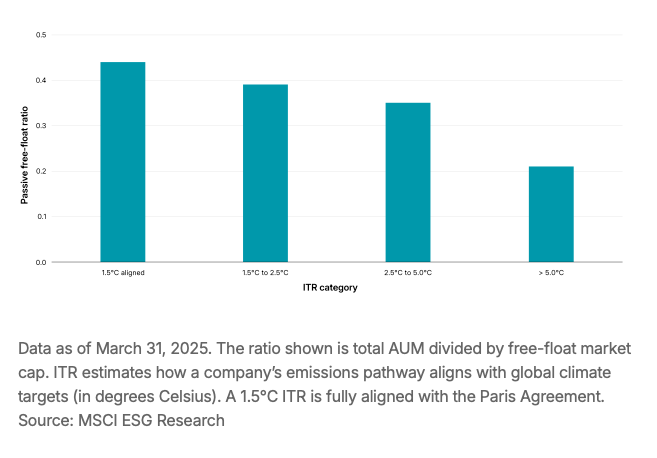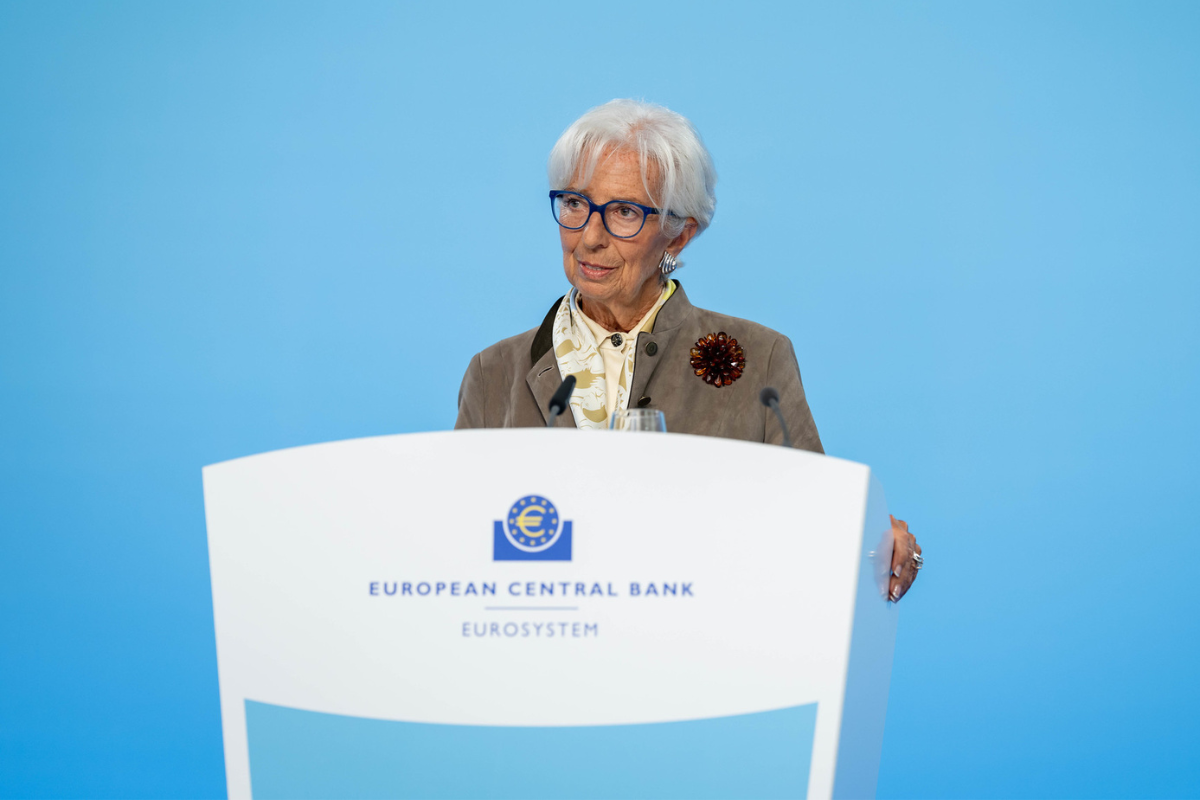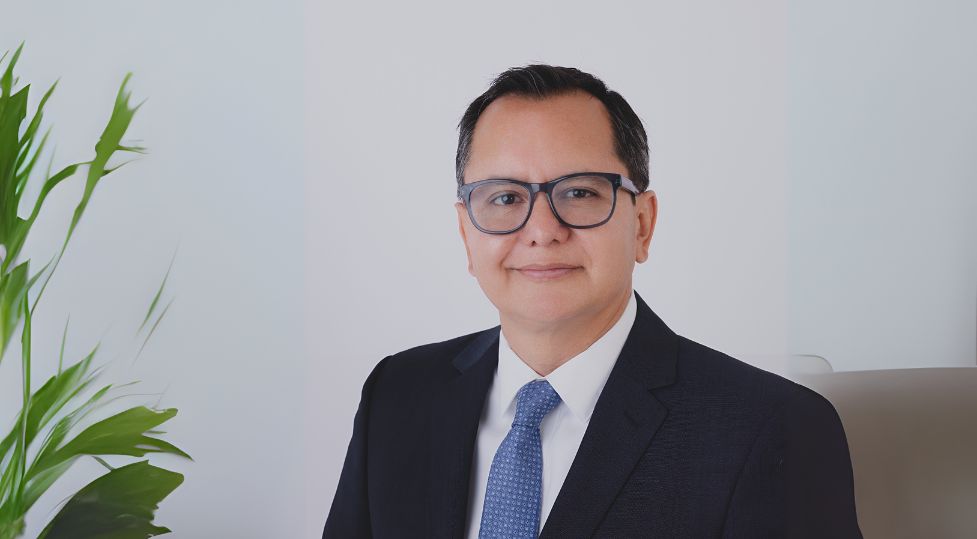Why Invest in Chile: Legal Certainty, Skilled Workforce, and Potential
| By Amaya Uriarte | 0 Comentarios
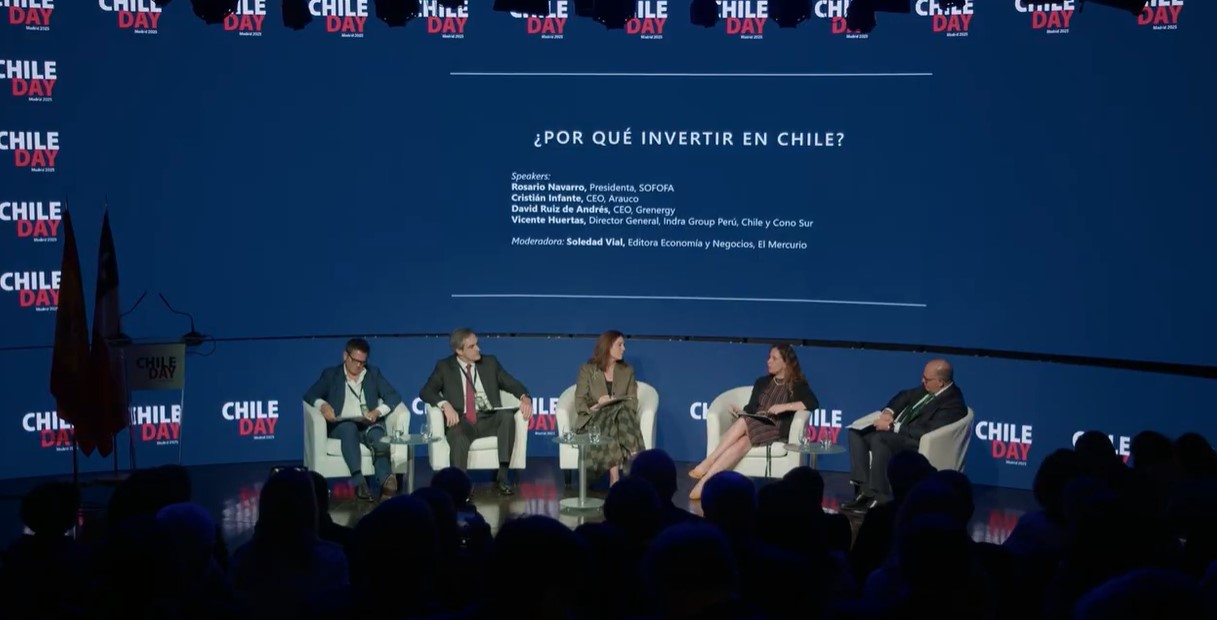
Despite the short- and medium-term challenges Chile faces, investors remain confident in the country’s potential. This was clearly reflected in the panel “Why Invest in Chile?” held during Chile Day Madrid, hosted at Casa América in the Spanish capital.
In this expert panel, moderated by Soledad Vial, Editor of Economía y Negocios at El Mercurio, participants discussed both the strengths and the improvements needed for Chile’s economy to take off. Rosario Navarro, President of Sofofa—the trade federation representing Chile’s private business sector—opened the discussion by highlighting the country’s key advantages, particularly a “privileged environment” and strong “geological potential.” She also pointed to the steady reduction of poverty, a notable GDP, and advancing infrastructure.
David Ruiz de Andrés, CEO of Grenergy, stated that the reasons to invest in Chile are clear: the country has a stable renewable energy policy, which he called “fundamental.” He also emphasized Chile’s openness to international investment and its ability to become “a benchmark” and laboratory in sectors such as energy storage. “Chile has copper, lithium, and the best solar resource in the world,” said Ruiz de Andrés, adding that the country “could become a major data exporter.”
Vicente Huertas, General Manager of Indra Group for Peru, Chile, and the Southern Cone, affirmed that Chile continues to be a reference point, particularly in the field of digitalization. He also highlighted the country’s mobility and “excellent communications,” as well as the regulatory stability needed for long-term investments. Meanwhile, Cristián Infante, CEO of Arauco, underscored that “Chile remains attractive,” even as the company expands into new markets such as Brazil.
Challenges to Address
Panelists agreed on the need for Chile to boost economic growth. “The country needs to regain the momentum it had when we first arrived here,” said Ruiz de Andrés, who added that Chile “must believe in the enormous potential it has.” He cited Grenergy’s “Oasis Atacama” project, for which the company has brought 12 international banks into Chile.
The relationship between investors and both local and national governments, as well as with local communities, was another key topic. “I know more ministers in Chile than in Spain,” noted Ruiz de Andrés. Infante highlighted the proactive role local governments play in supporting investment, stating that this creates a “virtuous circle.” Both executives emphasized their companies’ sensitivity to local communities. “It becomes a learning process when there is dialogue with the community, because when they get to know you, they support your activity,” said Infante.
Huertas focused on advances in regulations related to cybersecurity, artificial intelligence, and other technologies “that will help develop these capabilities.” Navarro emphasized the many good practices brought into Chile that “have raised standards” and encouraged demanding high standards in relationships with local communities where projects are developed.
Electoral Outlook
The roundtable also addressed business leaders’ expectations ahead of the country’s upcoming elections. Overall, the panelists expressed little concern. Ruiz de Andrés hopes the outcome marks the beginning of a new cycle in which Chile believes in its own capabilities. Infante would be satisfied if the country stopped seeing “the glass as half empty.” He reminded attendees that Chile “has a solid foundation and all the candidates are aware of the challenges that need to be addressed.”
With Indra operating in Chile for 25 years, Huertas asserted, “We are not afraid of the elections.” He clarified that key issues like cybersecurity and digitalization “are state matters” that go beyond specific administrations and are certain to remain “a growth driver.”
Navarro shared a similar view: “The business world invests long-term and lives through many governments,” she said, adding that there is a clear consensus that Chile must return to growth—“but not at any cost.”
What the New Government Should Prioritize
Panelists also shared what they believe the new government should prioritize. Huertas suggested the need for “territorial integration,” noting a digital divide and calling for modernization of systems. Ruiz de Andrés pointed out a “huge gap” between management training and that of the rest of the workforce, concluding that “we must enable social mobility.”
Infante called on candidates to implement “efficient laws” that allow for project development, arguing that “the way to generate resources is not through higher taxes.” According to Navarro, Chile must improve its competitiveness—in taxes, permitting, labor market regulation, and productivity. She also called for reforms to the education system, stating that “the way we educate isn’t working,” and proposed dual education as a potential solution.
